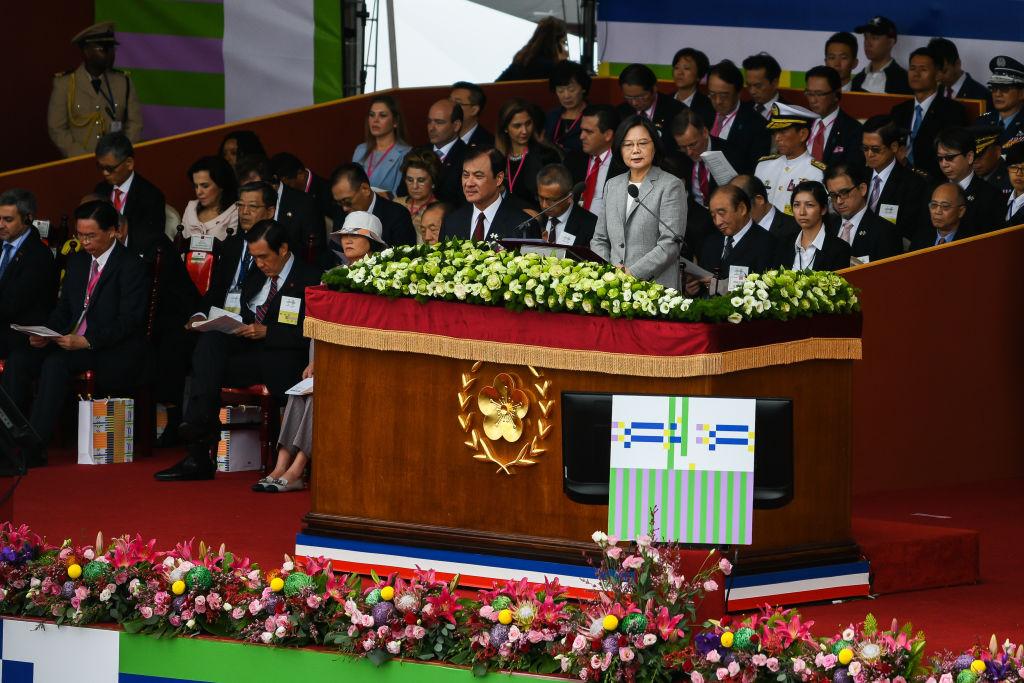With local elections in Taiwan just a month away, the self-ruled island is being confronted with the problem of election meddling by Beijing.
Leu Weng-jong, director general of the investigation bureau of Taiwan’s Ministry of Justice, said his department has gathered intelligence on about 33 cases of Beijing assisting Taiwanese political candidates who are running for election, according to Taiwan’s Central News Agency.





